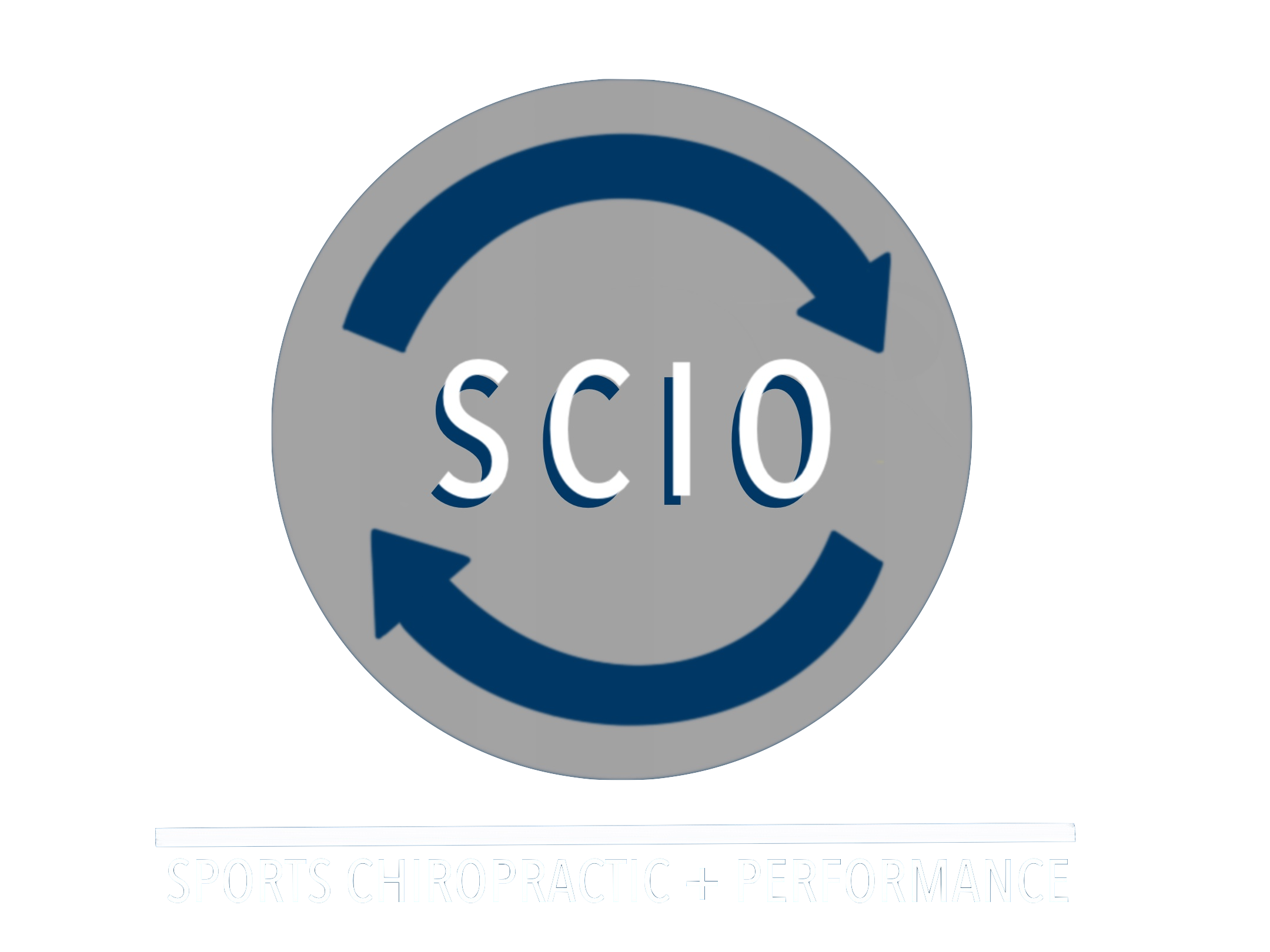Back Pain: An Overview
Welcome back to another weekly post! Today, we’re going to take a look at a very common but also varied condition that affects more than 31 million Americans and is among the leading causes for disability. We’re also going to be going into some causes, concerns, and assistance you can get from the chiropractor involving the condition. So without further ado, let’s take a peek into back pain.
From sharp, radiating pain to stiff, dull pain, back pain is an umbrella term for many different musculoskeletal conditions.
Back pain, especially low back pain, is a condition that many people world wide experience at some point in their life and can affect everyone from early childhood to late adulthood. Back pain is a bit of wild card that can be associated as part of another condition or as its own isolated problem. We’re going to examine some more common causes and understand how even daily life can give you back pain. The spine of the human body is a strong but beautifully complex structure that supports and is supported by a variety of muscles, ligaments, discs, and it also houses our nervous system. Despite such a well moving system, all it takes is for one small area of the spine to give in or be damaged to limit its function. As such, usually one of the most common causes for back pain is some kind of mechanical problem that incites it. A muscle could have been stretched or loaded too much while you were playing sports, a ligament might have torn in a car accident, a disc could herniate from picking your kids up off of the ground, and even the nerves themselves can be compressed by sleeping in a poor position. You can now see why it’s often a bit difficult to narrow down the exact cause of back pain in patients. Compound that with irregular posture, arthritis, psychological stress, pregnancy and so on and you can really end up with a very painful, complicated back condition.
Your back is a composed of bony attachments, ligamentous connections, shock retaining discs, and moving and protecting muscles.
It’s also very important to note that since your spine houses one of the most important systems in your body, your nervous system, you should be especially vigilant for any “red flags” you may experience with back pain that include: Pain lasting for more than three weeks, numbness or loss of sensation in your limbs, sudden changes in muscle strength, any recent forceful impact to the back, inability to control bowel movements, pain worsened by coughing or sitting, and pain lasting during the night. While this is not necessarily an exhaustive list these are important indicators hinting at serious back problems, warranting a visit to your chiropractor.
One of the most important factors to accurately diagnose and treat back pain is a thorough medical and social history taking.
Back pain isn’t all doom and gloom, however. It can be treated, managed, and risk of recurrence can be reduced. Few healthcare professionals are more equipped to deal with back pain than chiropractors, who can help with all three of these realms. In the realm of prevention and management, the best tool to use is education. Learning about proper posture, ergonomic friendly furniture, proper movement patterns, core strength and stability, and more (than what can fit into this blog post). For treatment, chiropractors offer a non-invasive and drug free avenue to help you with your back pain. Spinal manipulations performed by chiropractors, which are used to help joint mobility by applying an external force, are great for helping your body move like you never had an injury! When your body becomes “reset,” your pain can subside and damaged tissues can heal more easily. A chiropractor can also give more in depth instruction into prevention and management to make sure that you can move around better and pain free. Couple this with other techniques like soft tissue management and corrective exercises, and you address the whole package!
Safe and functional movements are necessities to managing back pain and reducing the risk for recurrence.
Phew! That was a lot to cover in this week’s post. As mentioned earlier this is just a brief overview of back pain. If back pain is something that has been plaguing you either recently or for a long time, please ask about it next time you’re in the clinic! That’s it for this week!




